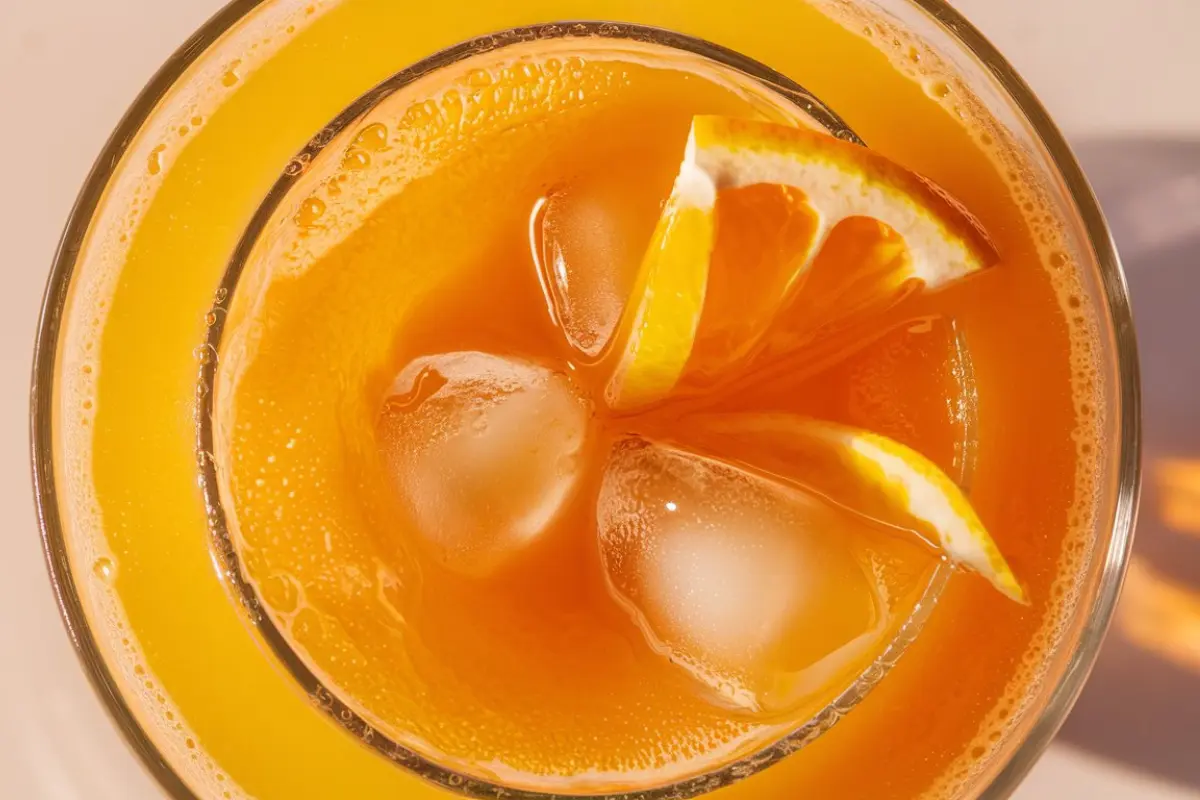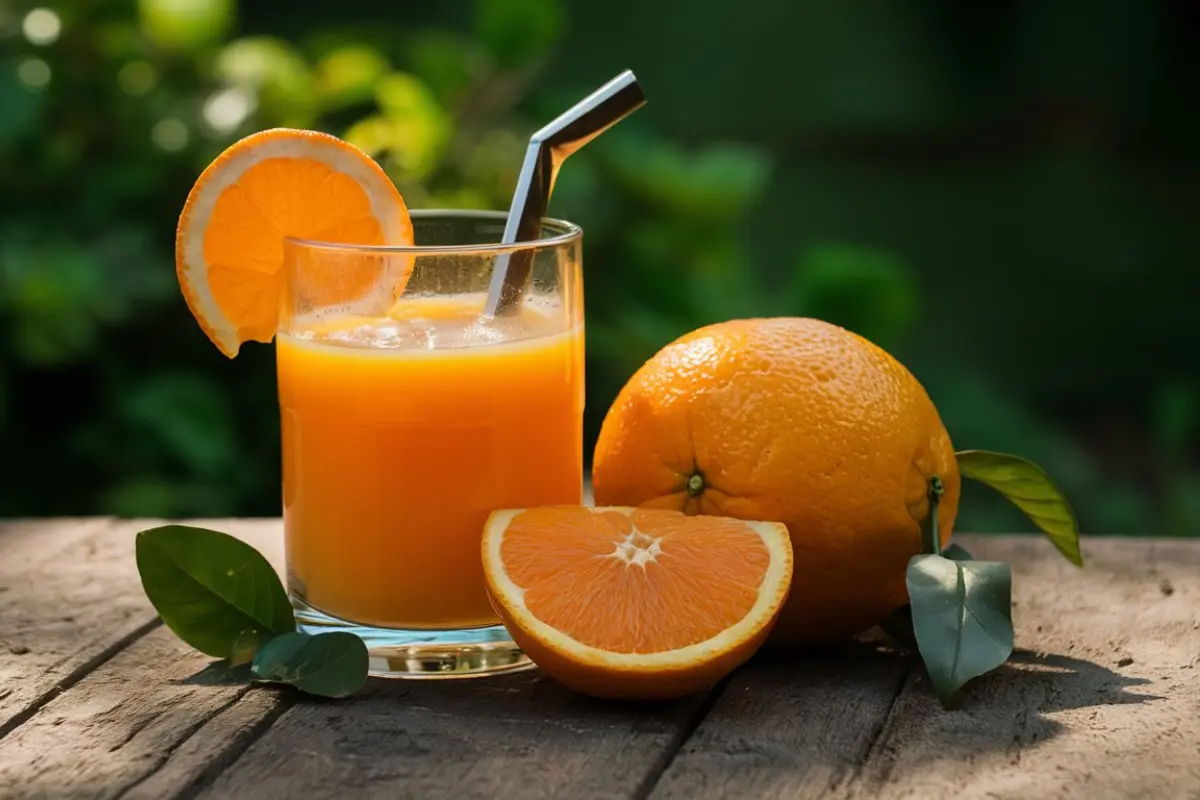When it comes to enjoying a refreshing glass of orange juice, freshness is key. But how long is it good for after you open it? Or even while it’s still sealed on your shelf? This article dives into the various factors that affect the shelf life of orange juice, offering insights into how to store it properly and recognize signs of spoilage. Understanding the lifespan of orange juice, from freshly squeezed varieties to those found in cartons, is crucial for anyone looking to enjoy this nutritious and delicious beverage to its fullest.
Orange juice, beloved for its vibrant taste and health benefits, is a staple in many households. However, not all orange juices are created equal, and their longevity can vary significantly based on processing, packaging, and storage conditions. In this guide, we will explore the differences between various types of orange juice available on the market, such as freshly squeezed, commercially processed, and cold-pressed, and discuss how each should be handled to maximize freshness.
We’ll also cover practical tips on how to extend the shelf life of your orange beverage and what to look for to ensure it’s still good to drink. From understanding expiration dates to learning about the impact of temperature and light exposure, this article will equip you with all the knowledge needed to prevent waste and ensure every glass of orange beverage is as fresh and enjoyable as possible. Now, let’s squeeze out all the details!
Overview of Orange Juice Types and General Shelf Life
Understanding Different Types of Orange Juice
Orange juice comes in many forms, each with its own expected shelf life. Freshly squeezed, commercially processed, and cold-pressed are popular choices among juice lovers.
Freshly Squeezed Orange Juice is as natural as it gets. Usually, it stays fresh for only 2-3 days when refrigerated. That said, its vibrant taste is worth the frequent squeezing!
Commercially Processed Orange Juice often undergoes pasteurization, which extends its shelf life significantly. Sealed containers can be good for several weeks unopened, but once opened, you should consume them within a week to maintain optimal freshness.
Cold-Pressed Orange Juice keeps a lot of the nutrients intact and offers a richer flavor. However, without the pasteurization process, it usually lasts only a couple of days in the fridge.
General Factors Influencing Shelf Life
Temperature, light, and air exposure play significant roles in determining how long orange beverage is good for. To maximize juice shelf life, always store your orange juice in the refrigerator, tightly sealed to minimize exposure to air. Light can degrade the quality of juice, so opaque containers or storage in a dark place is preferable.
Interestingly, the type of container also affects the juice’s longevity. Glass bottles often preserve flavor and freshness better than plastic or cartons. However, the convenience of plastic should not be overlooked, especially for those on the go.
For an in-depth understanding of how to select and store different types of produce safely, including orange beverage, consider consulting the FDA’s guidelines on storing beverages, which offer valuable tips on maintaining freshness and safety.
By understanding these aspects, you can ensure that your orange juice remains delicious and safe to drink, maximizing both taste and nutritional benefits. Stay tuned for the next part, where we’ll dive deeper into the specifics of how different types of orange juice fare over time and how to best preserve each type.
Shelf Life Variations Among Orange Juice Types
Freshly Squeezed Orange Juice
Freshly squeezed orange juice is all about enjoying the pure, vibrant flavors of the fruit. However, because it lacks preservatives, how long is orange juice good for once it’s out of the orange? Typically, it stays fresh for only 2-3 days in the refrigerator. It’s best to consume it as soon as possible after squeezing to enjoy its maximum flavor and nutritional benefits. If left at room temperature, drink it within a few hours to prevent bacterial growth.

Commercially Processed Orange Juice
The most widely available type of orange beverage is commercially processed, which often includes pasteurization to kill bacteria and extend shelf life. Unopened, it can last anywhere from a few weeks to several months in the fridge, depending on whether it contains preservatives. Once opened, however, the clock starts ticking, and you should aim to drink it within 7 to 10 days. Always check the expiration date as a reliable guide for how long orange juice is good for.
Cold-Pressed Orange Juice
Cold-pressed orange juice is a favorite among health enthusiasts for its ability to retain more nutrients and enzymes. However, without pasteurization, its shelf life is short—usually only 2 to 3 days in the refrigerator. To extend its freshness, keep it sealed tightly and consume quickly. This type of juice offers the best quality and flavor but requires careful handling to maintain its benefits.
Boxed and Bottled Orange Juice
Boxed or bottled orange juice that you find on refrigerated shelves typically follows similar storage rules as freshly squeezed juice once opened. It should be consumed within a week to ten days. However, non-refrigerated orange beverage, which is often treated with additional pasteurization and preservatives, can last much longer. Sealed, it can be stored for several months until the printed expiration date. Once opened, refrigerate and consume within 7 to 10 days for the best taste and safety.
Canned Orange Juice
Canned orange juice is known for its long shelf life due to high heat pasteurization and sealed packaging that keeps out light and air. Unopened, canned juice can last up to a year on your shelf. Once you open it, however, the same rules apply—consume within 7 to 10 days and keep refrigerated. While convenient, be aware that some nutrients may degrade over time due to the canning process.
Concentrated Orange Juice
Concentrated orange juice is frozen to keep, allowing it to last even longer. It can be stored frozen for several months up to a year. Once thawed, consume it within 7 to 10 days, and do not refreeze. Thawing should be done in the refrigerator to slow down bacterial growth and maintain quality.
In each case, knowing how long orange beverage is good for and how to store it properly can help you make the most of this delicious, nutritious drink. Proper storage not only extends the juice’s life but also preserves its taste and health benefits. In the next section, we’ll explore how to identify when orange beverage has gone bad and what signs to look for to ensure you’re enjoying a healthy, safe beverage.

